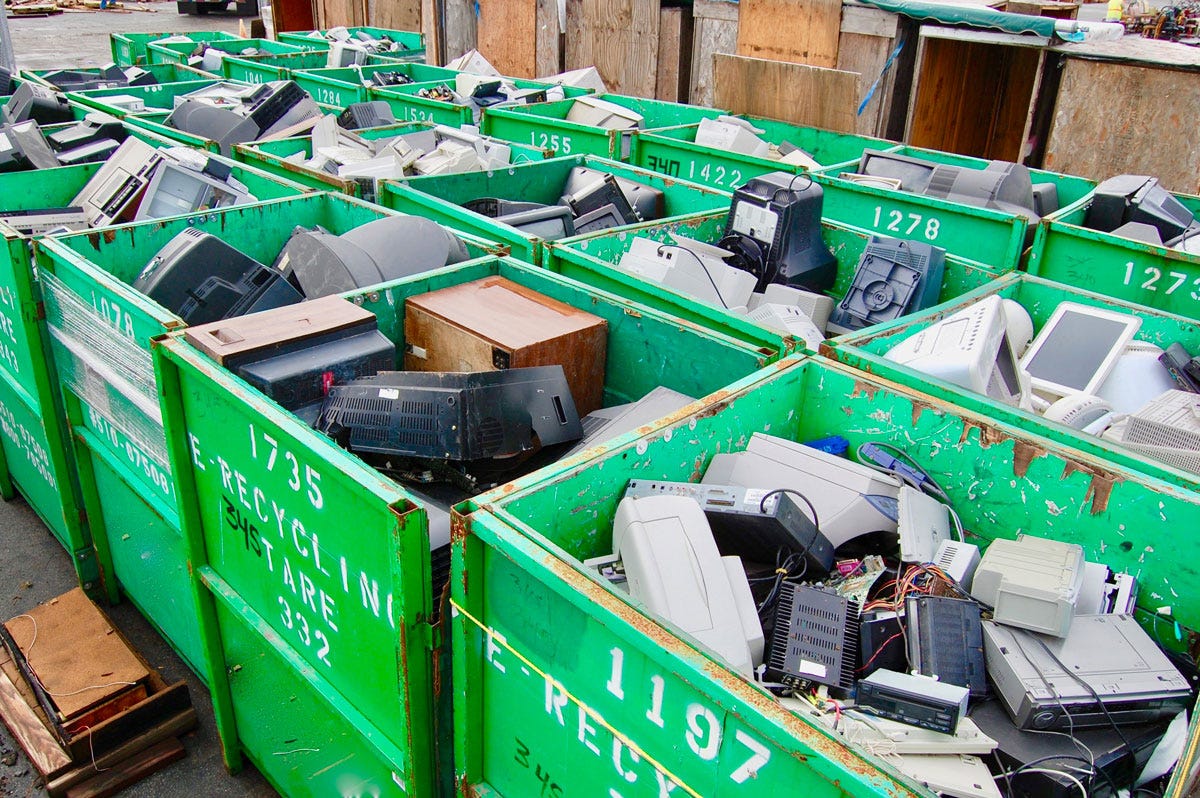
Effective Construction Waste Management Minimizing Environmental Impact

Minimizing Environmental Impact with Effective Construction Waste Management
Understanding the Importance of Construction Waste Management
Construction waste management is a crucial aspect of any construction project, as it involves the responsible handling and disposal of waste materials generated during the construction process. Effective waste management not only helps minimize the environmental impact of construction activities but also reduces costs and improves project efficiency.
Reducing Waste Generation
One of the primary goals of construction waste management is to reduce the generation of waste materials in the first place. This can be achieved through careful planning and design, as well as the use of efficient construction techniques and materials. By minimizing waste generation, construction companies can reduce their environmental footprint and save money on disposal costs.
Recycling and Reuse
Another important aspect of construction waste management is recycling and reuse. Many construction materials, such as concrete, wood, metal, and asphalt, can be recycled and used in new construction projects or other applications. By implementing recycling programs and partnering with recycling facilities, construction companies can divert a significant amount of waste from landfills and reduce the demand for virgin materials.
Proper Disposal of Hazardous Materials
Construction projects often involve the use of hazardous materials, such as paints, solvents, adhesives, and asbestos-containing materials. Proper disposal of these materials is essential to protect the environment and public health. Construction waste management practices include identifying and segregating hazardous materials, as well as ensuring that they are disposed of in accordance with local regulations and guidelines.
Implementing Waste Management Plans
Effective construction waste management requires the development and implementation of comprehensive waste management plans. These plans outline strategies for waste reduction, recycling, reuse, and disposal, as well as responsibilities and procedures for all project stakeholders. By following these plans, construction companies can ensure that waste is managed effectively throughout the project lifecycle.
Educating and Training Workers
An often overlooked aspect of construction waste management is educating and training workers on proper waste handling procedures. Workers should be trained to identify different types of waste materials, segregate them accordingly, and follow established waste management protocols. By empowering workers with the knowledge and skills they need, construction companies can improve compliance with waste management regulations and reduce the risk of environmental incidents.
Monitoring and Reporting
Regular monitoring and reporting are essential components of effective construction waste management. Construction companies should track waste generation, recycling rates, disposal costs, and other key metrics to evaluate the effectiveness of their waste management efforts. This information can help identify areas for improvement and guide future waste management decisions.
Collaborating with Stakeholders
Effective construction waste management requires collaboration and cooperation among various stakeholders, including contractors, subcontractors, suppliers, waste haulers, regulatory agencies, and local communities. By working together, these stakeholders can develop innovative solutions, share best practices, and overcome common challenges related to waste management.
Embracing Sustainable Practices
Ultimately, effective construction waste management is about embracing sustainable practices that balance environmental, economic, and social considerations. By prioritizing waste reduction, recycling, and responsible disposal, construction companies

